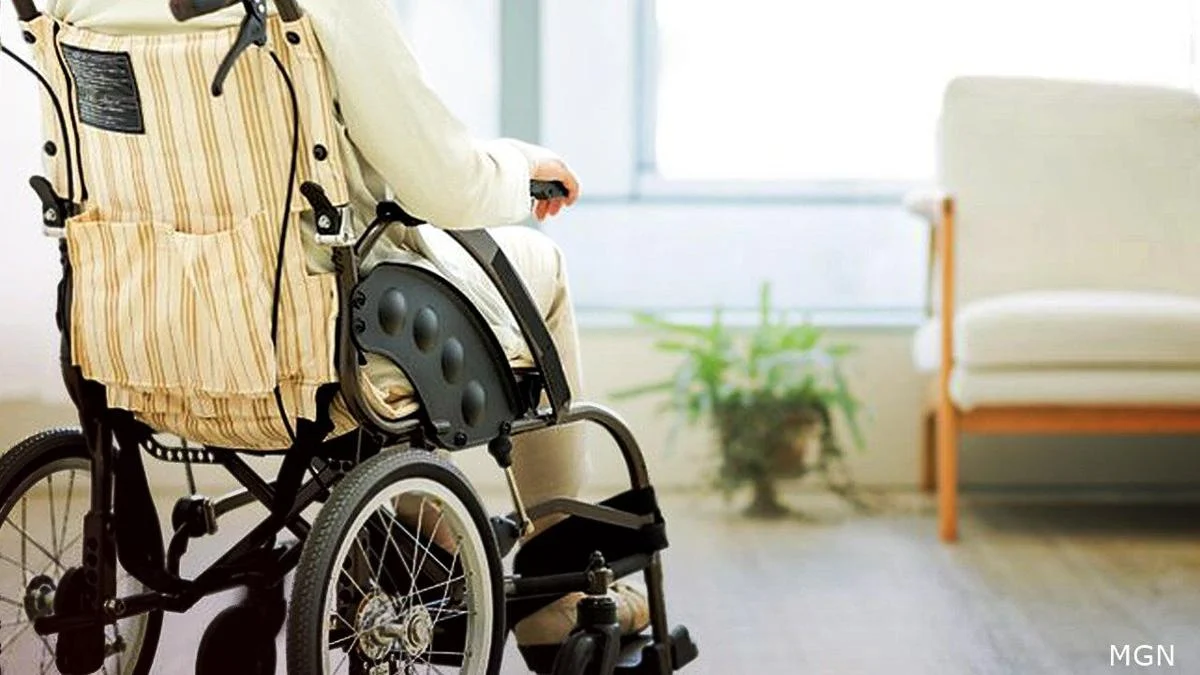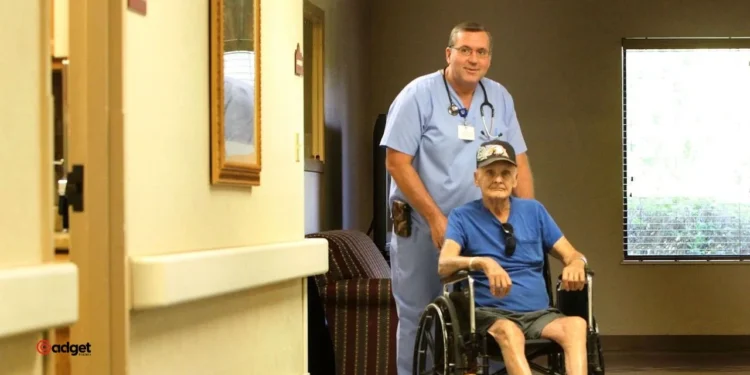Recent developments have once again highlighted the precarious financial stability of key service providers, particularly in the healthcare sector. LaVie Care Centers, LLC, a prominent operator of skilled nursing facilities, has filed for Chapter 11 bankruptcy despite the growing demand for senior care services. This move comes at a critical time when the industry faces immense pressures from various fronts, including the lingering effects of the COVID-19 pandemic and severe staffing shortages.

The COVID-19 Impact: A Lesson from RiteAid and Others
The pandemic has left a lasting impact on various businesses, with some like RiteAid, Bed Bath & Beyond, and Peloton experiencing significant financial distress. RiteAid’s struggle led to the closure of numerous locations, while companies like Peloton saw a surge in popularity that ultimately waned, leaving them with challenges in sustaining demand. These examples serve as a reminder of how external factors like a pandemic can accelerate underlying financial issues.
Challenges in the Senior Healthcare Sector
The senior healthcare sector, essential for an ageing population, faces its own set of challenges. According to Senior Living, over 3,000 new nursing homes may be necessary to accommodate the expanding older population. However, constructing these facilities is a formidable task, exacerbated by chronic staffing difficulties. A survey by the American Health Care Association and National Center for Assisted Living highlights that 87% of nursing homes experience moderate to high staffing shortages, which has forced 61% of them to limit new admissions.

LaVie Care Centers’ Strategic Bankruptcy Filing
In response to these challenges, LaVie Care Centers has embarked on a strategic restructuring to stabilize its finances. The company operates 43 licensed skilled nursing facilities across five states and has ensured that its restructuring efforts will not disrupt its ongoing operations. “This process ensures that the company can continue operating its existing portfolio in a seamless manner, while also addressing its legacy liabilities associated with previously divested operations,” LaVie mentioned in a press release.
To facilitate a smooth transition, LaVie has secured $20 million in debtor-in-possession financing from key stakeholders, including Omega Healthcare Investors. “Following court approval, this financing, along with our existing cash reserves, will support the business to satisfy its ongoing obligations and enable us to remain focused on delivering quality care during this court-supervised process,” added the company.

The Broader Implications for the Healthcare Industry
The case of LaVie Care Centers is a stark reminder of the broader implications of financial instability in the healthcare sector. It underscores the need for robust financial management and innovative solutions to address systemic issues such as staffing and operational efficiency. As M. Benjamin Jones, the newly appointed chief restructuring officer, noted, “Today’s announcement is an important step forward to strengthen the company’s financial footing in order to combat some of the challenges faced by the skilled nursing industry generally since the COVID-19 onset, as well as potential looming challenges ahead.”
As LaVie navigates through these turbulent times, the healthcare industry at large watches and learns, hoping to find sustainable solutions to ensure that essential care remains accessible to those in need. The situation at LaVie is not just a financial restructuring but a significant moment for reflection on the future of healthcare services in a post-pandemic world.










